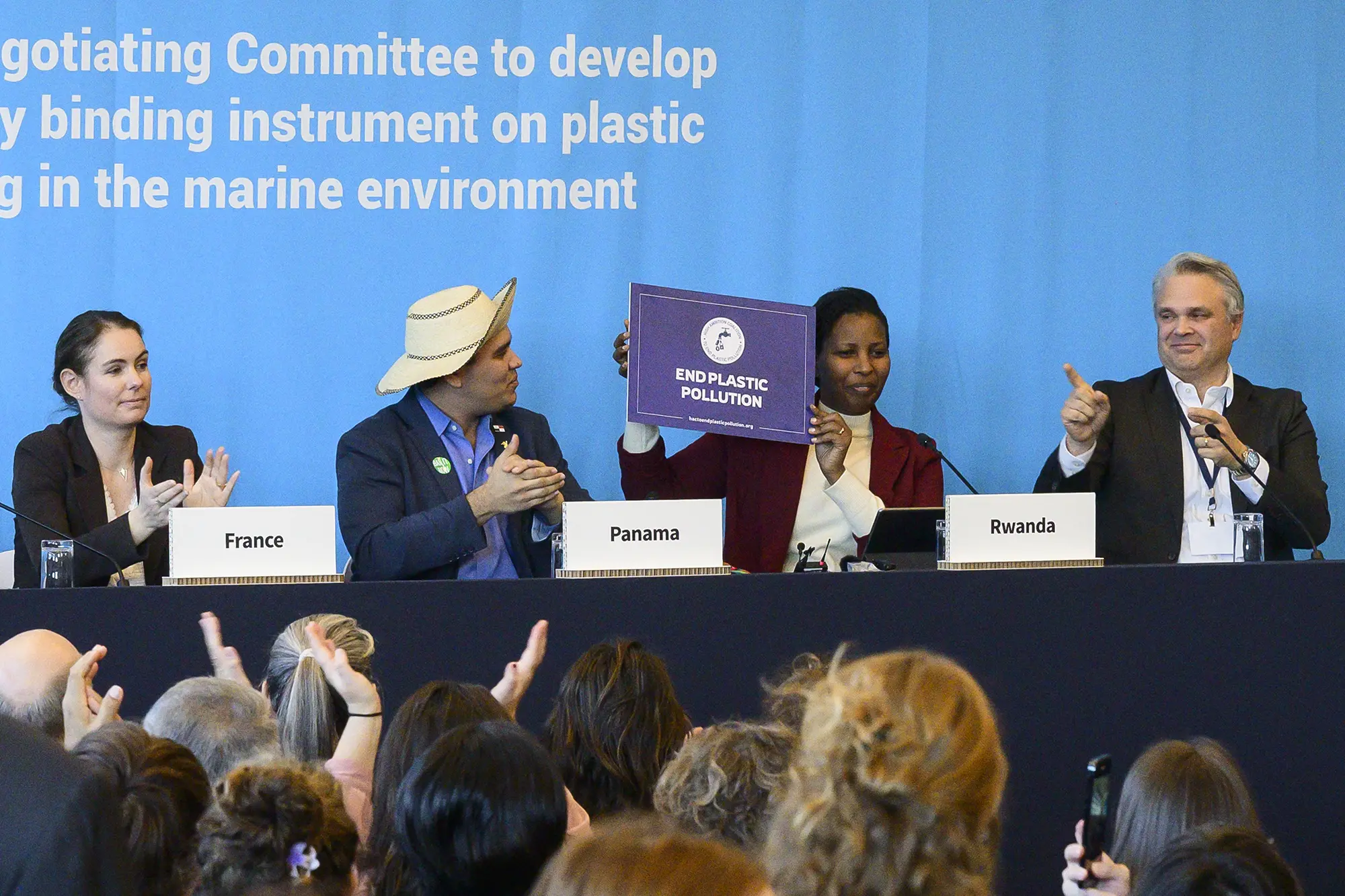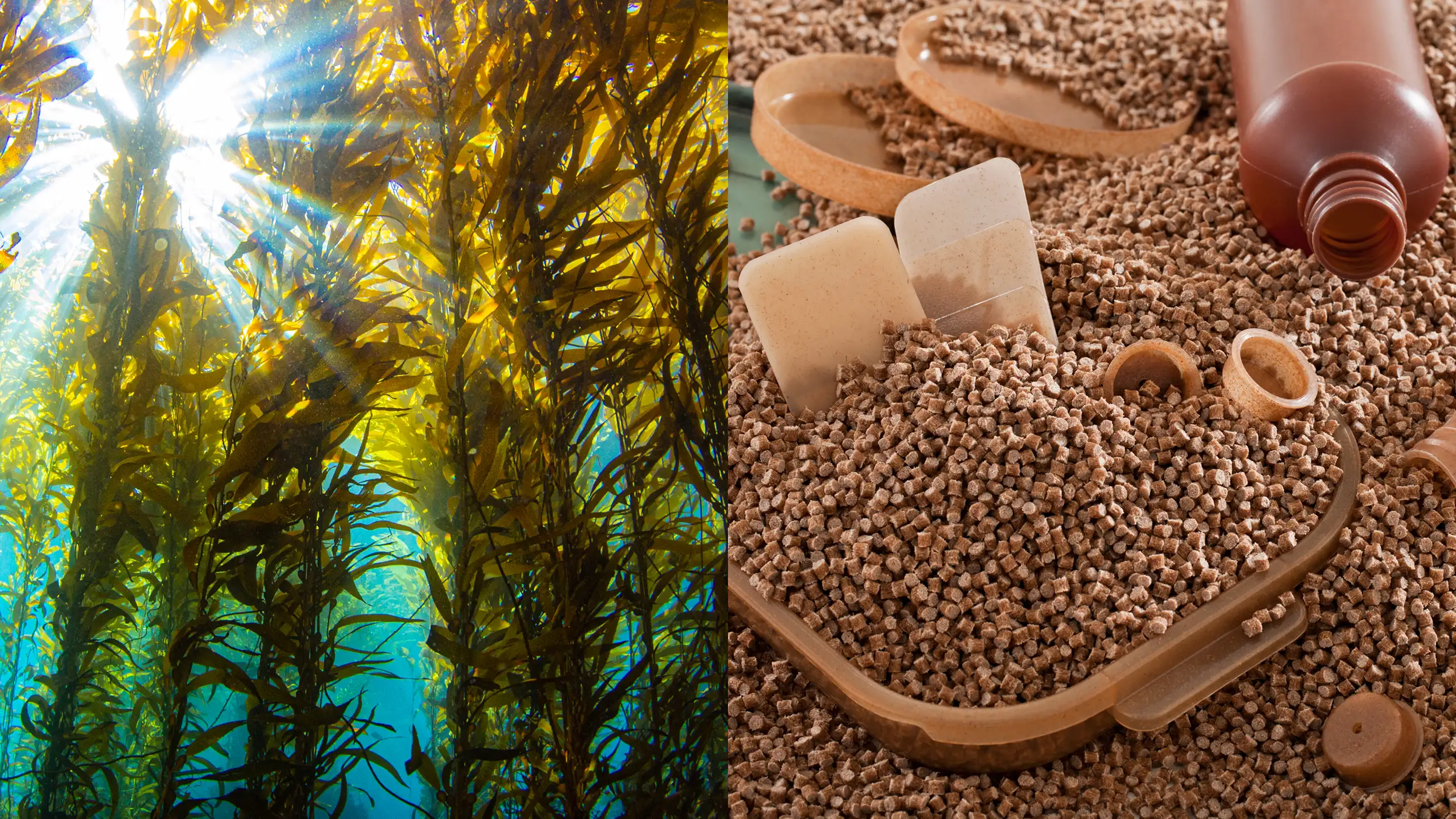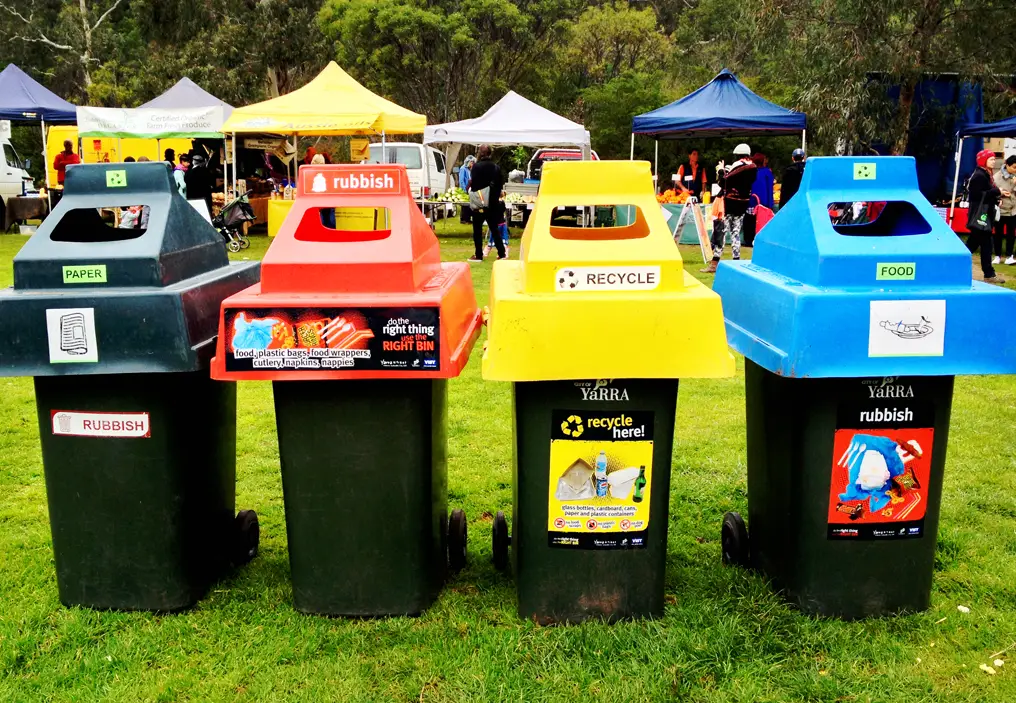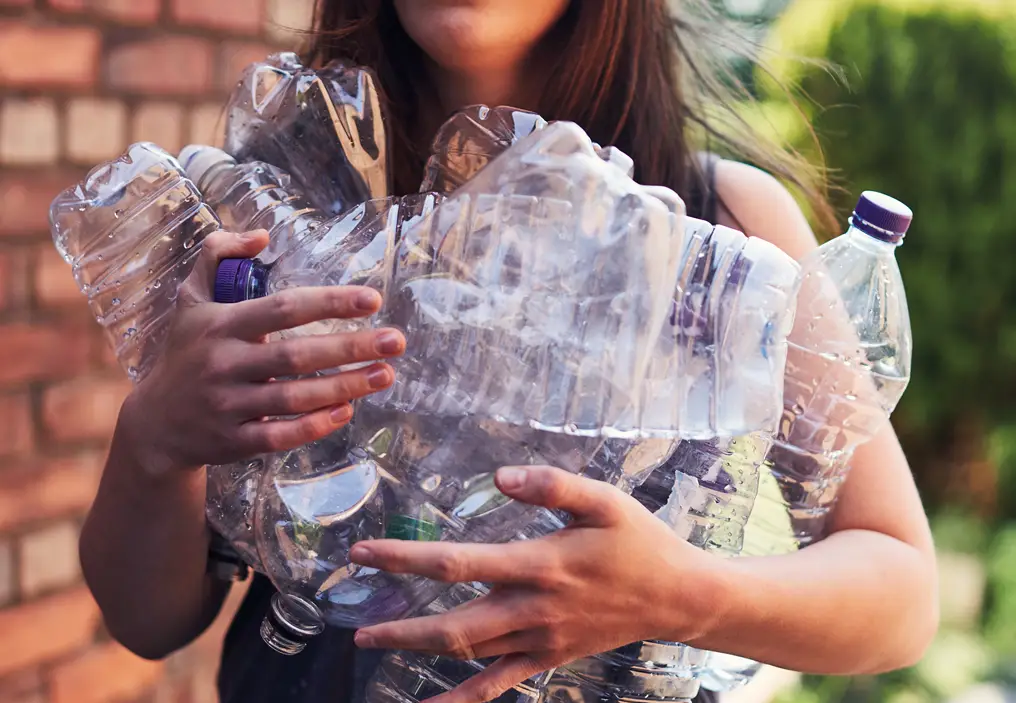The latest Four Corners exposé reveals alarming rising cancer rates in young adults. Discover what Minderoo’s landmark Umbrella Review and other emerging science has uncovered on links between plastic chemicals and some cancers, and how we’re driving the shift toward safer, sustainable plastic alternatives.
Download the fact sheet
This fact sheet explains the health risks of two of the most common harmful chemicals found in plastics – BPAs and phthalates – and gives you simple, practical tips to reduce your exposure. By downloading, you’ll also join our newsletter list to stay updated on our plastics advocacy and ways to protect your health.
By signing up with your email, you agree to Minderoo Foundation’s Privacy Policy.
Download the fact sheet
Did you catch the latest Four Corners exposé raising urgent concerns about cancer in young adults and the factors that might be at play?
If so, you might have seen Dr Christos Symeonides, a specialist paediatrician and lead author of our landmark Umbrella Review, discussing research linking plastic chemicals and some cancers, and where we still have blind spots when it comes to thousands of chemicals used in plastics that haven’t been tested for safety.
His message was clear: Chemicals commonly found in plastic can no longer be considered safe.
Plastics are embedded in our daily lives – chemicals leach out of plastic items and get into us.
“I am concerned by the strong evidence we find of human health harms of common plastic chemicals. I’m even more deeply concerned about the extent of our blind spots on broader risks of exposure to plastic chemicals.
Dr. Christos Symeonides
In late 2024, we released our Umbrella Review in collaboration with JBI at the University of Adelaide.
It was a world-first effort to bring together the results from studies conducted to date examining how plastic chemicals impact human health.
The Umbrella Review:
- used data from more than 1.5 million people.
- focuses on five groups of chemicals that have been studied extensively for human health impacts.
- revealed widespread and consistent associations between plastic chemicals and serious health outcomes.
As highlighted in Four Corners, a concerning pattern is emerging – cancer rates in young adults are on the rise.
In recent decades, studies have shown a global rise in early-onset cancers – those diagnosed in people under 50.
This includes increases in cancers of the breast and kidney.
Dr Christos Symeonides in the Four Corners episode highlighted two chemicals – PFOA (from the PFAS Family) and PCBs and the linkages from exposure to these chemicals and cancer.
We know the strong links between PFOA (from the PFAS family) and kidney, testicular and breast cancers, and PCBs to breast, lung and liver cancers, malignant melanoma and non-Hodgkin’s lymphoma.
PCBs and PFAS are currently regulated. Although PCBs have been listed for elimination – with some exemptions – their persistence and presence in legacy waste, and emergence of other PCBs, means that humans are still exposed.
Industries are slowly beginning to phase out the use of PFOA and other PFAS.
Also, there are thousands of other plastic chemicals that are not regulated, and some of these may make us more susceptible to cancer.

Bisphenol A (BPA) and phthalates harm babies before they are born. In children, they are associated with obesity, a risk factor making us more susceptible to some cancers.
Phthalates
- Decreased birth weight (a risk factor for colon cancer later in life)
- Increased waist circumference (an indicator of obesity, which is a known risk factor for colorectal cancer, liver cancer and kidney cancer later in life)
- Neurodevelopmental impacts: IQ & cognition, fine motor
- Altered thyroid function
BPA
- Cardiovascular disease
- Obesity (a known risk factor for colorectal cancer, liver cancer and kidney cancer later in life)
- Asthma and wheeze during infancy
- Neurodevelopmental impact: attention-deficit/hyperactivity disorder (ADHD)
Plastic has become inseparable from modern life – but we don’t have to accept the harm it brings to us or our children.
At Minderoo, we’re pushing for a future free from toxic chemicals and to change plastic for good.
We’re advocating for a comprehensive Global Plastics Treaty, with final negotiations set for August 2025.

Minderoo Foundation wants the Global Plastics Treaty to regulate chemical use in plastic, protecting us from the source of the harm. We also want an innovative financing mechanism to make sure that every country can implement the same protections.
Why both?
Plastic crosses borders. So do the chemicals it leaches. We all deserve protection. That means binding rules — and the money to back them. No one’s safe until we all act.
And regardless of the treaty outcome, we’re working on Plan B, C and D.
Did you know? We’ve done this before. The world came together to regulate mercury – a toxic heavy metal – to protect public health. We can do the same for plastics.
- Dr. Christos Symeonides

We’re investing in a global transition to safe, sustainable materials that replace and improve “petro-plastics”.
We are:
- Supporting startups and growing businesses that offer safer alternatives.
- Backing scientific research to solve technical barriers.
- Generating data and insights to guide innovation and policy.
We are working to develop materials that prioritise human and environmental safety — by avoiding toxic chemicals and reducing long-term pollution.
We’re focused on two main pathways:
- True circularity – where materials can be reused safely and indefinitely,
- Safe biodegradation – where materials break down naturally without environmental harm.
These alternatives include:
- Bio-based materials that mimic plastic’s function but can safely biodegrade in natural environments,
- Non-plastic substitutes like moulded fibre and advanced paper packaging,
- Technologies that replace toxic additives with safer alternatives.
Plastic pollution isn’t just a planetary issue – it’s a personal health issue.
The science is clear: the chemicals in plastics are harmful to our health. But with coordinated action, safer materials, and global regulation, we can change course.
And Minderoo is committed to seeing that happen.
Let’s forge a fairer, safer future – one free from toxic chemicals.
Are you innovating in this space? We’d love to hear from you.



